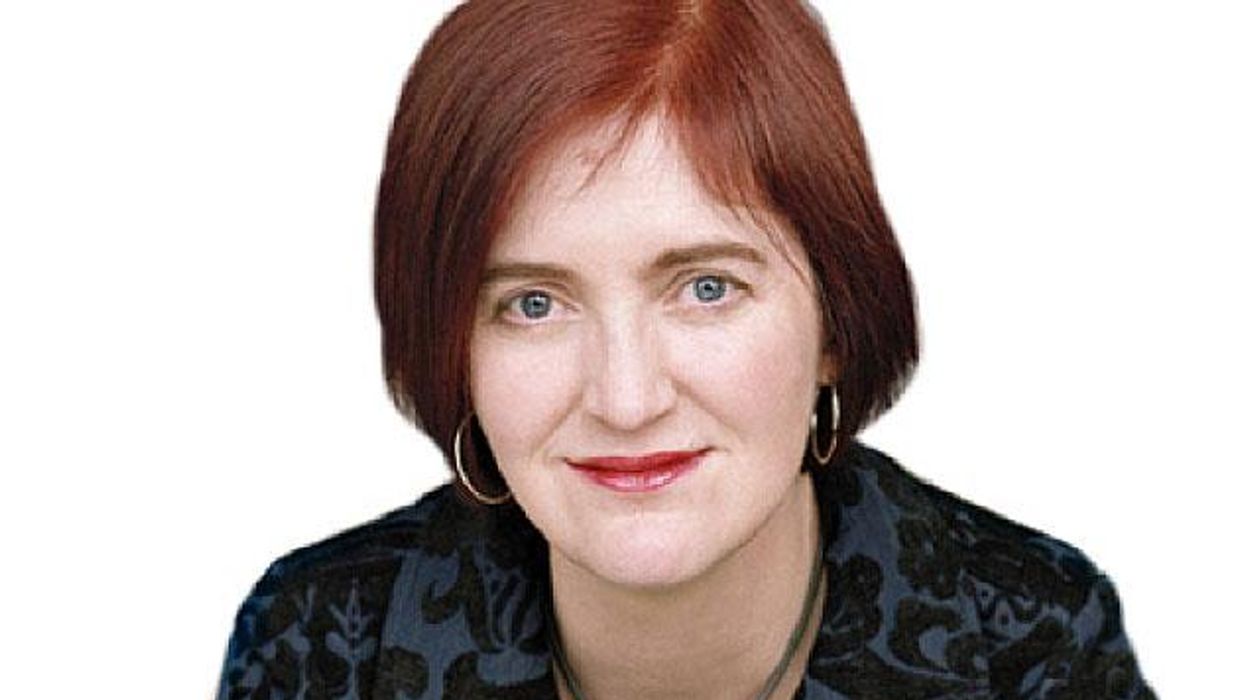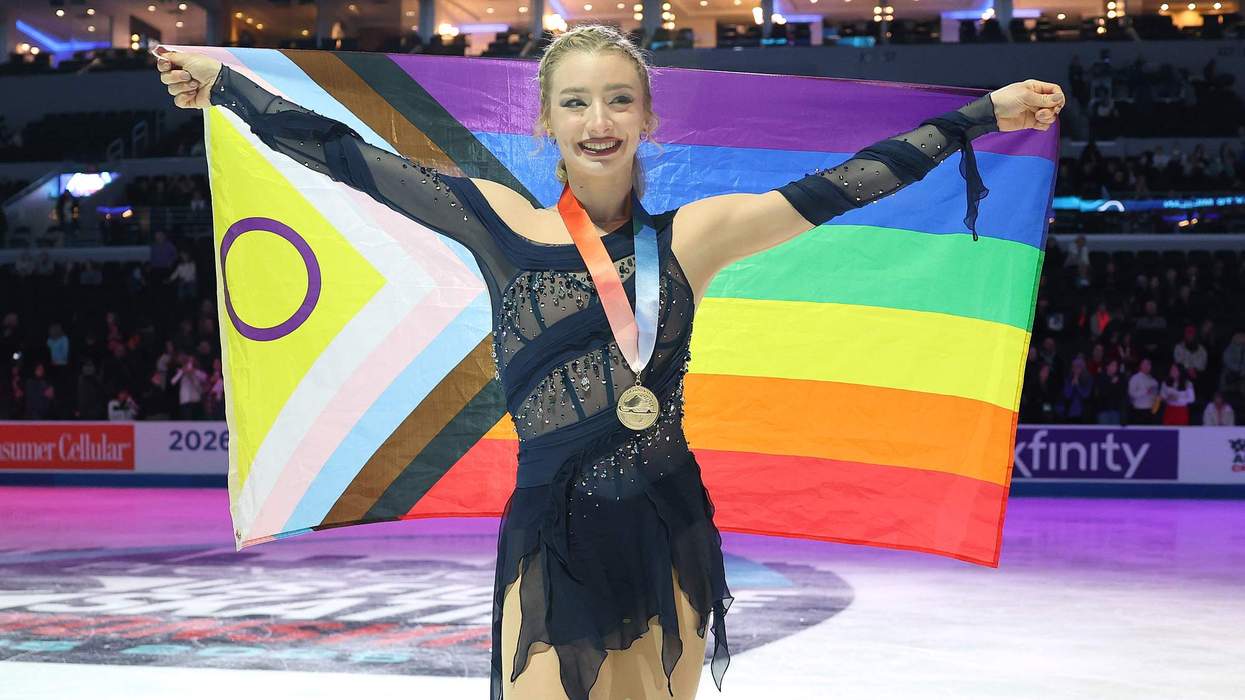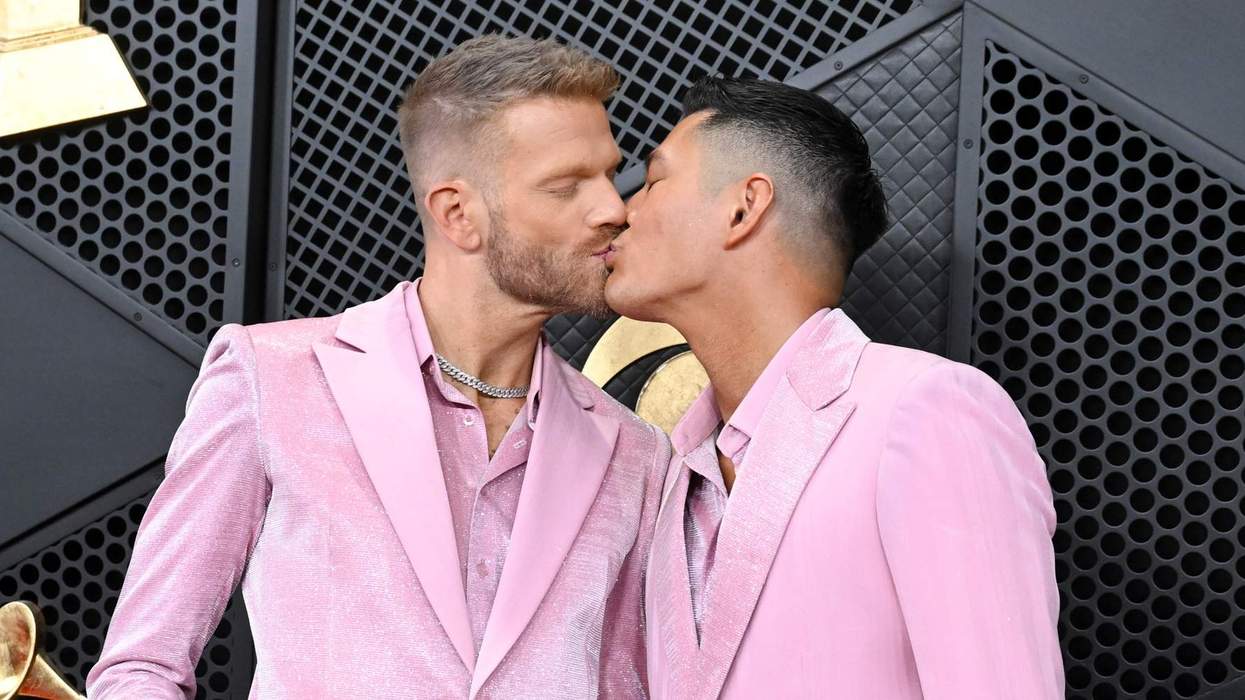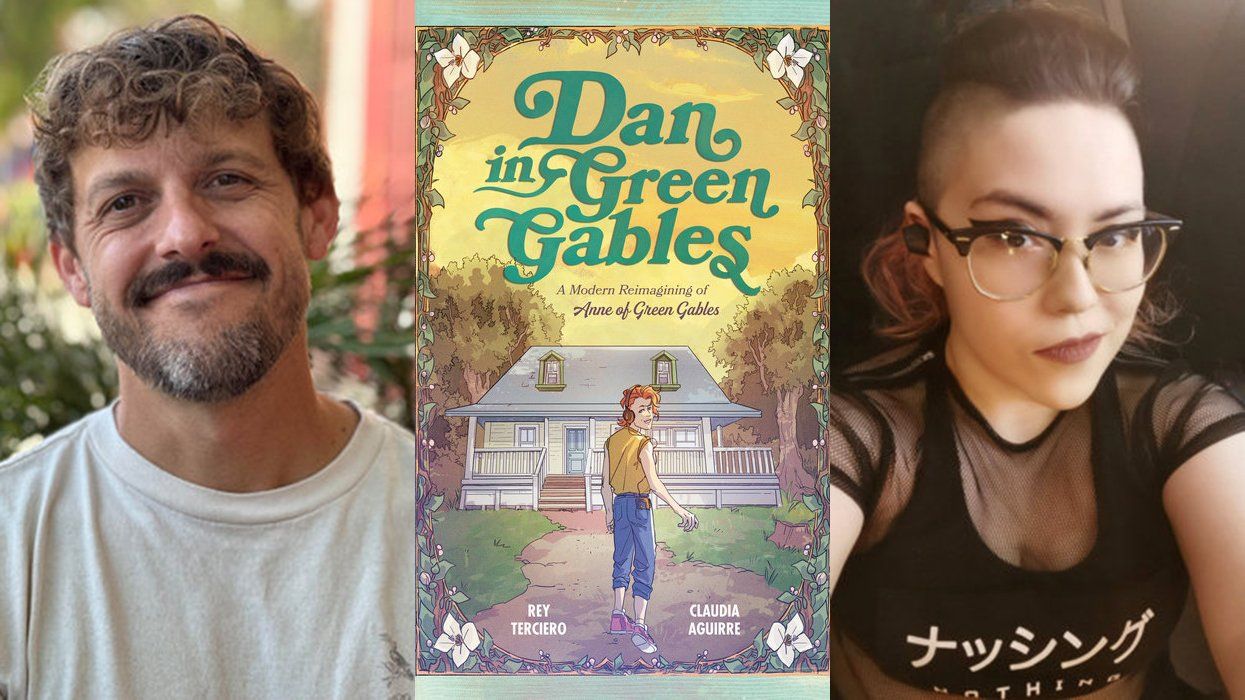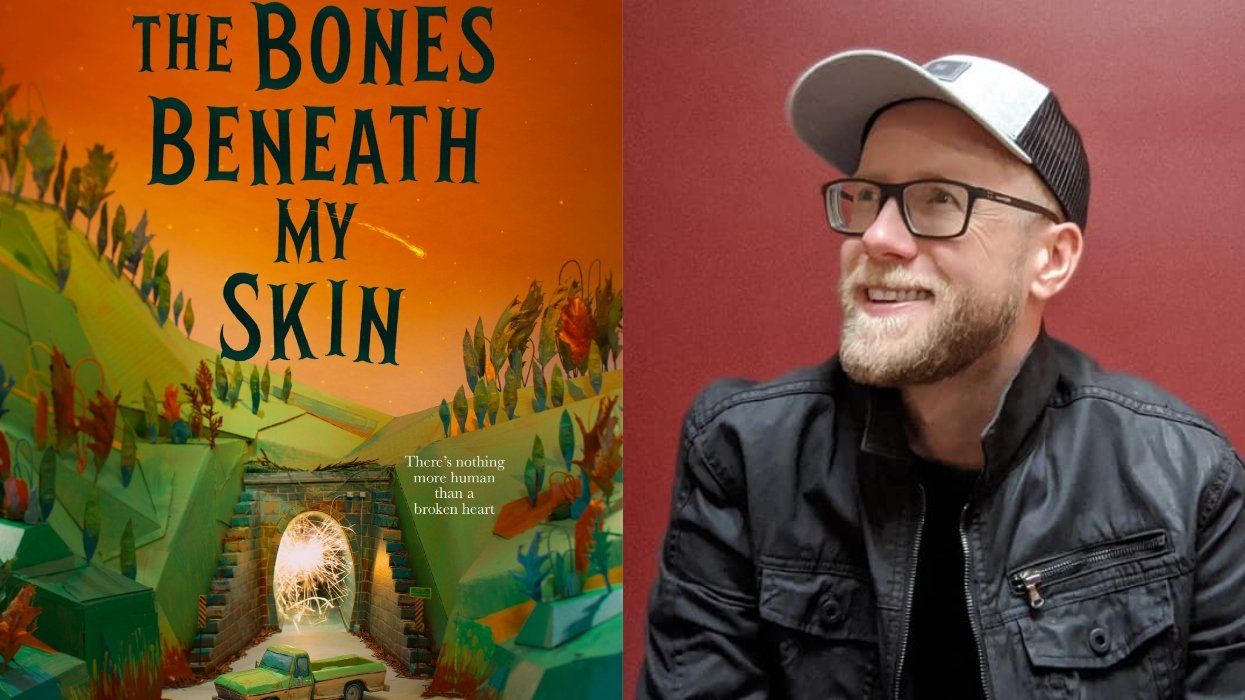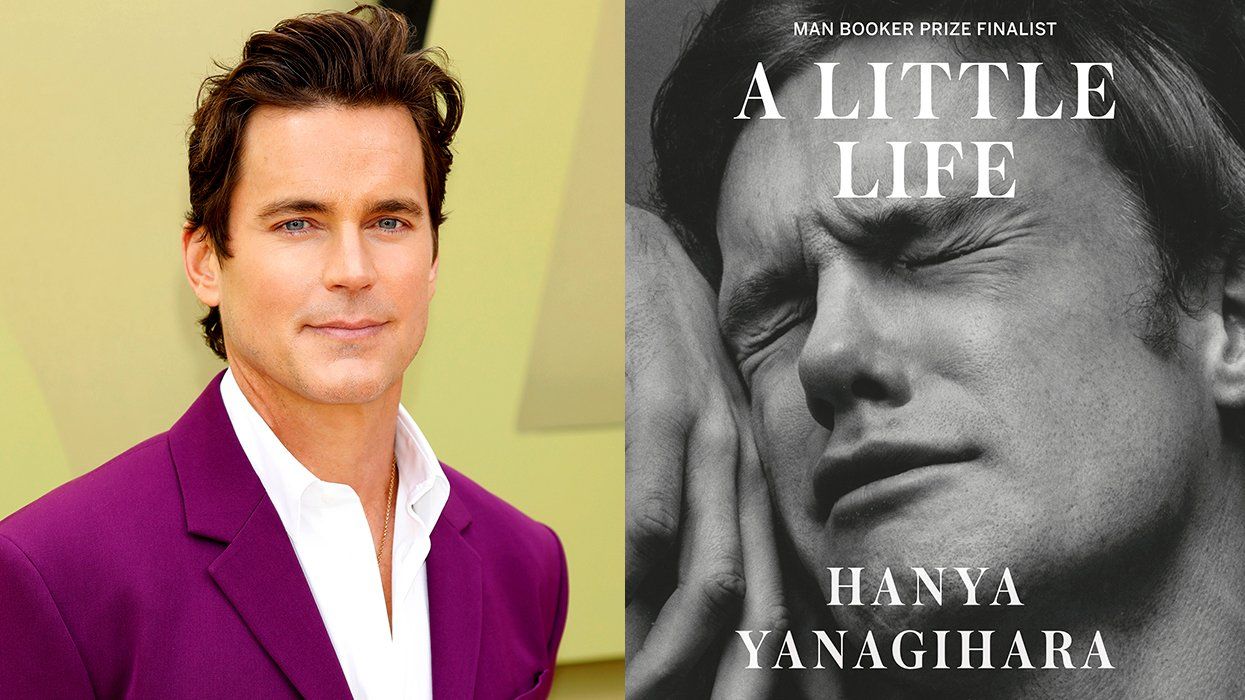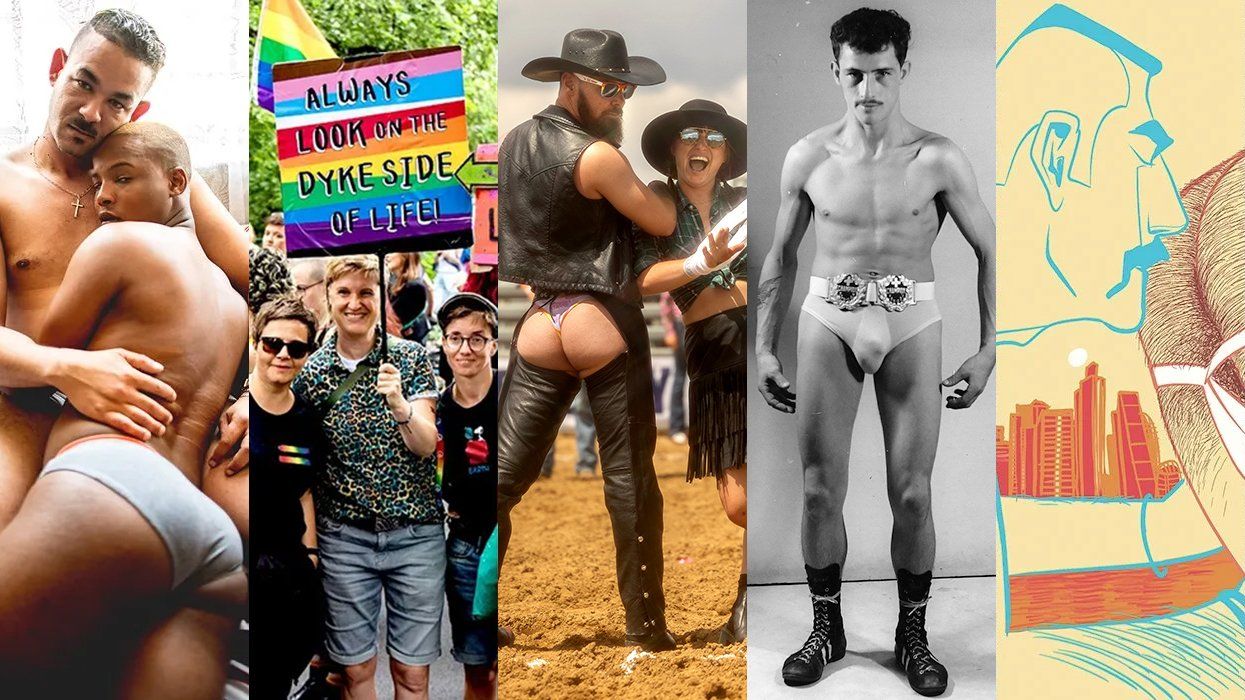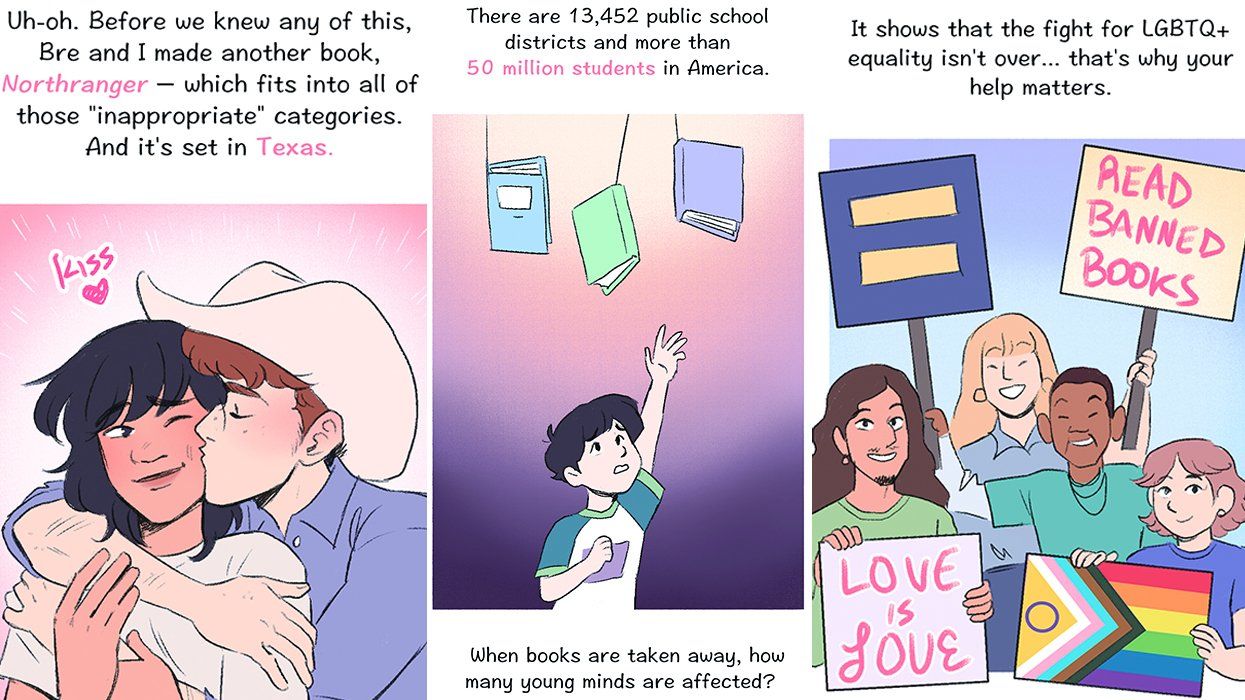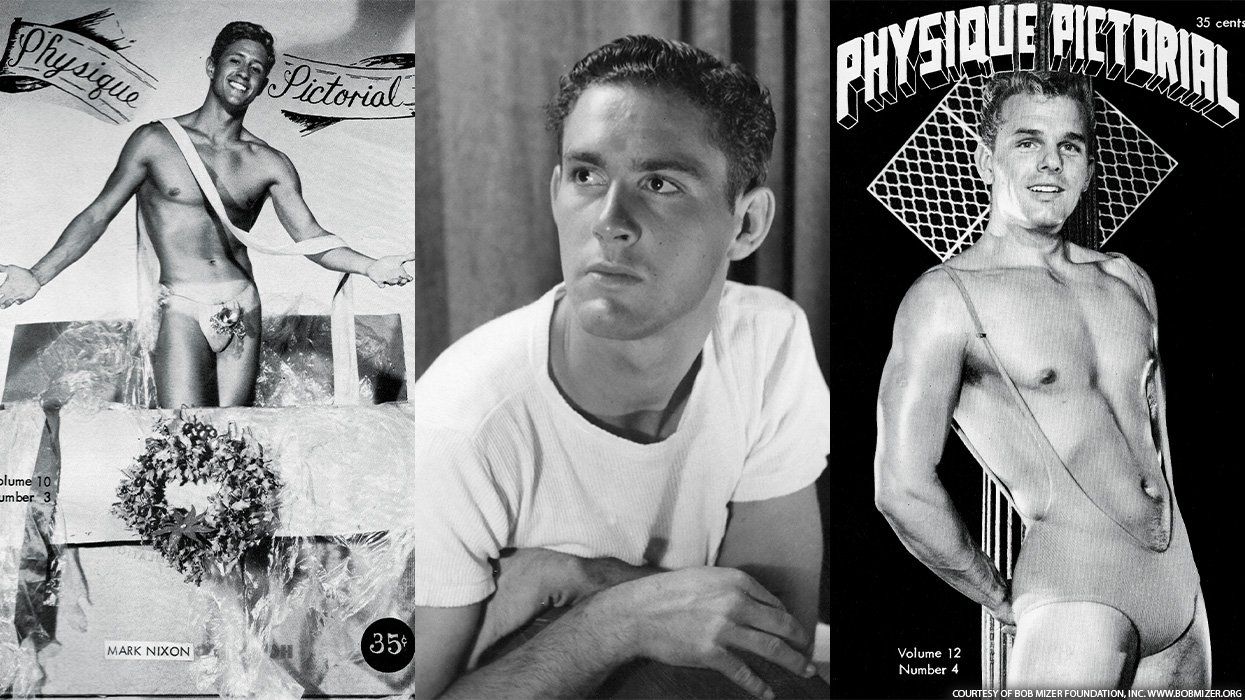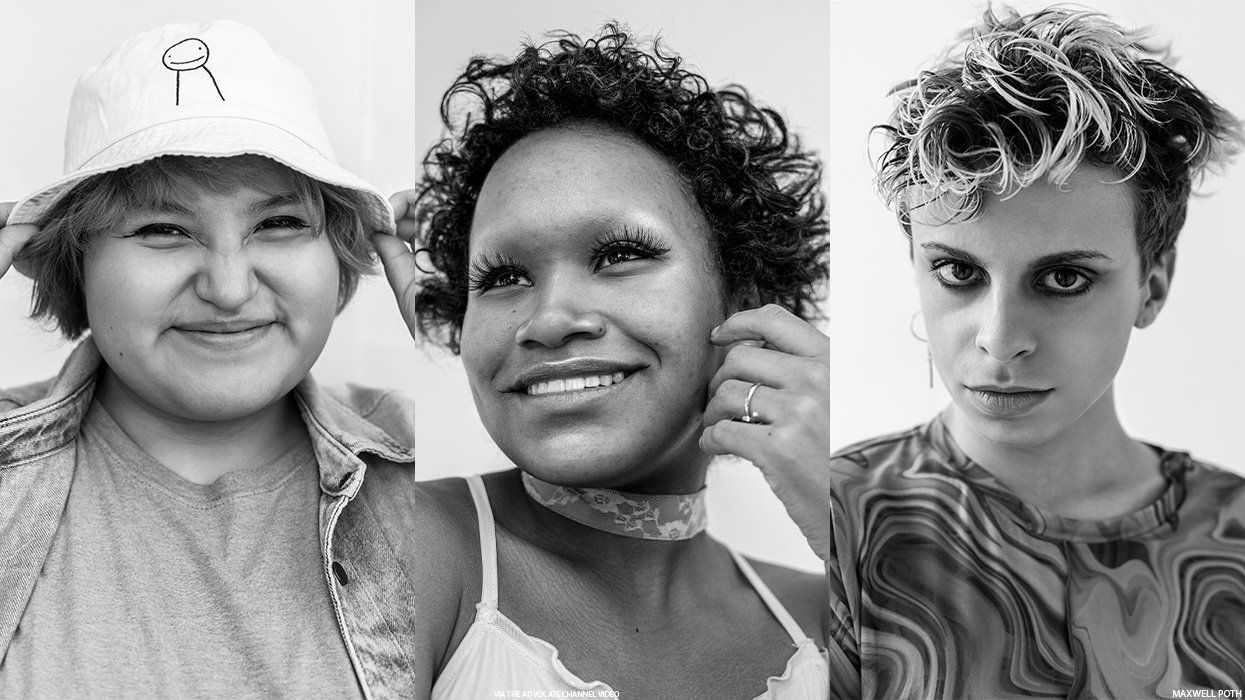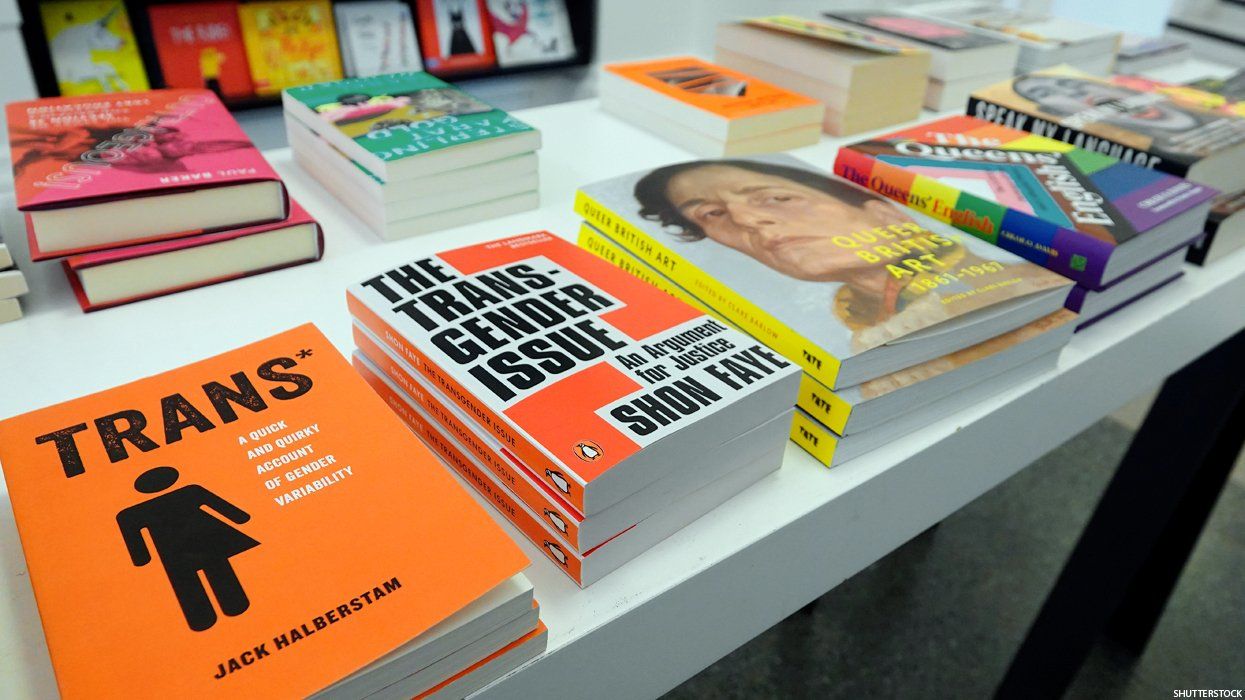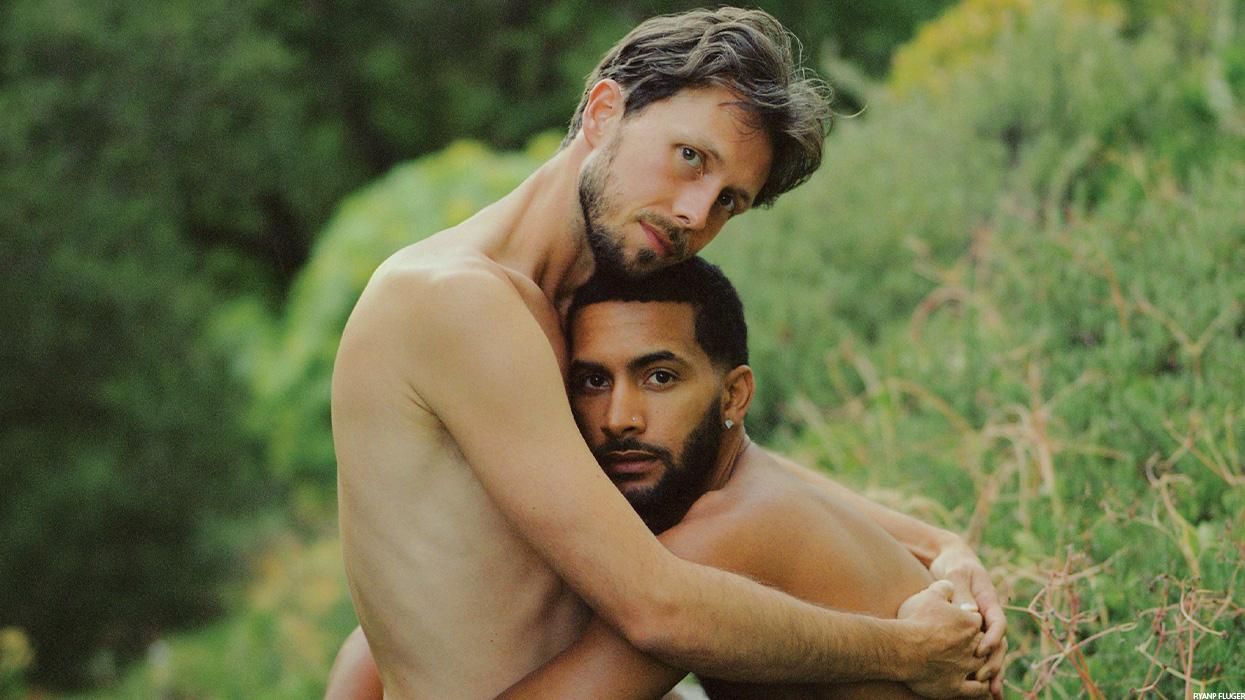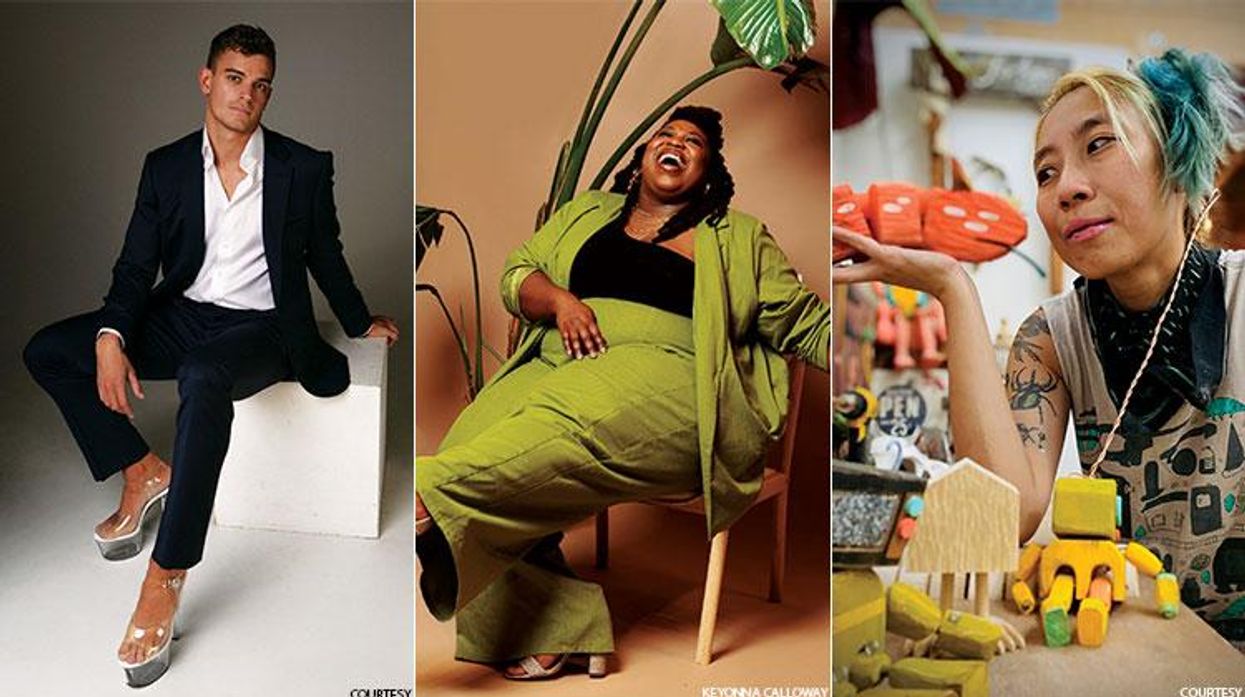Emma Donoghue has been publishing to great acclaim since the 1990s, but she really hit it big with Room, the bestselling, Booker Prize-nominated story of Jack, a 5-year-old growing up within the four walls of an 11-by-11-foot room. This fall sees the publication of Astray, a collection of 14 stories about what it means to move from one place to another.
Each of these stories is linked to the past. How is writing historical fiction different from the pure fiction of a book like Room?
Historical fiction is really no different from fiction. Either way, I have to conjure up a world. For Landing [her 2007 novel about the relationship between two flight attendants], I had to talk to flight attendants about the horrible things passengers do, even though I have taken many flights. For these stories, I was often working out the background, using a lot of my own feelings. It's not a cold-blooded harvesting of facts. In all cases I'm trying to write a gripping story, and if a story does not ring my bell, I wouldn't tell it.
You'd had plenty of success before Room [Donaghue's 1995 Hood won the Stonewall Book Award], but Room was something different. Did that novel change your life?
The success came too late to really go to my head. Nobody should have a bestseller in their thirties! I know enough by now to know that it's a complete fluke when your book hits the zeitgeist. But the success of Room put me back in the closet after 20 years of being totally out. One story reported that I had written a lot about lesbian themes for a straight woman. The reporter must have seen that I was in a long-term relationship and had two children, and assumed I had to be straight. It's oddly difficult to stay out of the closet.
Do you set out to write about gay and lesbian characters in history?
What draws me to a story is queerness in the broadest sense. I'm most interested in the people who history has forgotten. Mollie [a cross-dressing frontierswoman in Astray is not representative of anything. She's a total oddity. If I wrote her biography, it would have to be about how she was oppressed and locked up for 25 years because of her gender. But when I'm writing fiction, I can choose to visit her when she was most alive. While I've always written about specific same-sex attraction, I'm more interested in people who lie between one category and another.
And do you imagine these stories for a mostly queer readership?
Well, did you notice how those stories were spread out a little? [Laughs.] I carefully sprinkle the queer stories through the book so they don't scare off the straight reader.
Astray (Little, Brown and Company) is out October 30.


